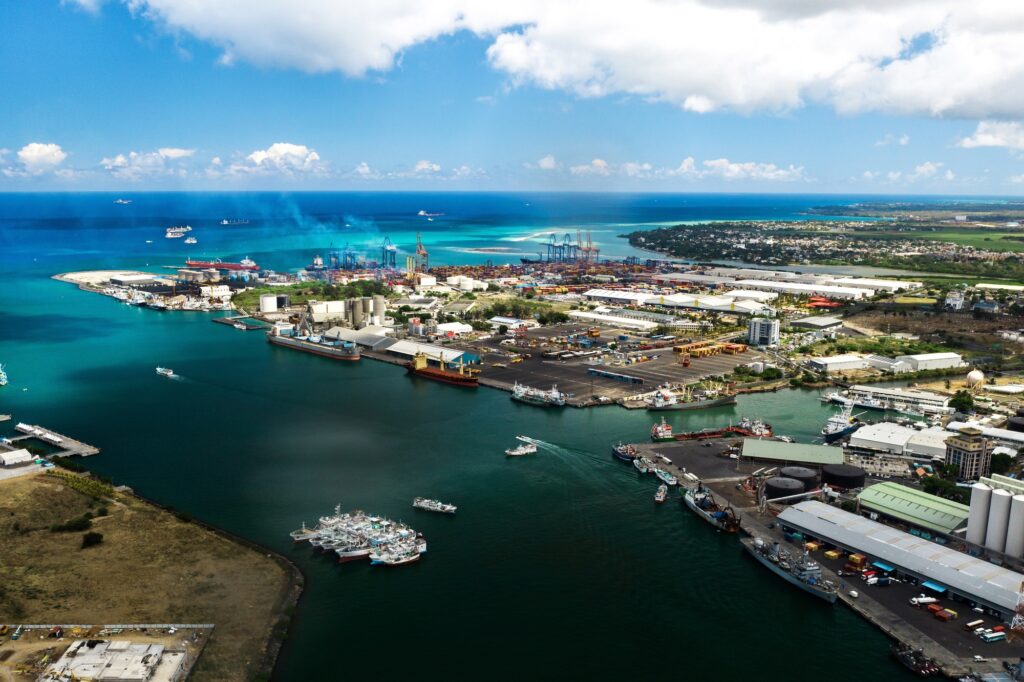Dubai Free Zone has long been a gateway for businesses aiming to enter new international markets, providing unparalleled services and an enabling environment. Among the most sought-after regions for expansion is Africa, a continent rich in opportunities but also fraught with complexities. Africa’s diverse cultural, economic, and infrastructural landscape demands that companies entering this market have a strategic, informed, and adaptive approach. This article dives deep into the challenges companies encounter when expanding into Africa and offers practical strategies for overcoming them.
1. Diversity of African Markets
Africa is a continent with 54 nations, each with its unique languages, cultures, and consumer behaviors. While countries like South Africa and Nigeria offer substantial growth opportunities due to their relatively robust economies, others may require companies to navigate fragmented markets. For instance, linguistic diversity, ranging from English, French, and Arabic to numerous local dialects, complicates marketing and communication strategies.
Additionally, cultural preferences significantly impact consumer buying habits. For example, understanding food, clothing, or entertainment preferences can make or break a company’s market entry strategy.
Proposed Solutions:
- Conduct in-depth market research to identify consumer preferences in target regions.
- Employ multilingual marketing strategies and collaborate with local influencers to build trust.
- Partner with local firms for cultural and market insights.
Additional Resource: To explore Africa’s market diversity, read the World Bank Africa Overview.

2. Infrastructure Challenges
Although Africa is making strides in infrastructure development, logistical issues persist. Poor road conditions, insufficient port facilities, and unreliable electricity in many regions hinder business operations. Transporting goods across borders often involves lengthy delays due to bureaucratic red tape and inadequate customs processes. For example, countries like Ethiopia and Kenya are improving their transport networks, yet many rural areas remain inaccessible.
The lack of reliable electricity also affects sectors relying on manufacturing and refrigeration, such as food processing or healthcare products.
Proposed Solutions:
- Invest in private logistical networks or explore partnerships with local distribution companies.
- Establish regional hubs to streamline supply chains and ensure the availability of products.
- Use renewable energy solutions, like solar power, to mitigate electricity shortages.
Additional Resource: Learn more about addressing infrastructure gaps through OECD Development Matters.

3. Regulatory and Legal Complexities
The legal landscape in Africa is as diverse as its geography. Companies must navigate varying tax regimes, labor laws, and import/export regulations. For instance, South Africa has a well-defined regulatory framework, whereas some smaller economies might have opaque or inconsistently enforced rules. Additionally, political instability in certain regions can lead to abrupt policy changes, affecting business operations.
Proposed Solutions:
- Work closely with local legal advisors to stay updated on regulations and ensure compliance.
- Build relationships with regulatory bodies and government agencies to foster trust and cooperation.
- Monitor political developments in target markets to anticipate potential risks.
Case Example: The African Continental Free Trade Area (AfCFTA) agreement aims to harmonize trade policies across member nations, which could ease regulatory challenges in the future.
4. Competition from Local and International Players
African markets are highly competitive, with well-established local businesses and global players vying for market share. Local companies often have the advantage of understanding customer needs, while international corporations bring advanced technologies and larger capital bases.
To succeed, companies must differentiate themselves by offering unique value propositions, such as innovative products, exceptional customer service, or cost-effective solutions tailored to local needs.
Proposed Solutions:
- Focus on innovation and develop region-specific products or services.
- Build brand loyalty through consistent quality and localized marketing campaigns.
- Engage in corporate social responsibility initiatives to build goodwill and establish a strong community presence.

5. Financial Risks and Currency Volatility
Currency fluctuations in Africa pose a significant risk to foreign businesses. Sudden devaluations can impact profitability, particularly for companies relying on imports or operating in countries with weak financial systems. For example, the depreciation of the Ghanaian cedi in recent years has caused significant challenges for businesses.
Accessing financing can also be difficult, as many local banks have high-interest rates or limited capital for lending.
Proposed Solutions:
- Use stable international currencies, such as the US dollar or euro, in contracts and pricing structures.
- Collaborate with global financial institutions to secure reliable funding and insurance for operations.
- Hedge against currency risks using financial instruments like forward contracts or options.
Get your Business Bank Account Today!
Open your business bank account today and enjoy secure, seamless transactions, easy deposits, and smooth financial management for your business!
6. Workforce Development and Skills Gaps
While Africa boasts a young and growing population, skills shortages remain a challenge in many industries. For example, advanced sectors like technology, engineering, and finance often face difficulties finding local talent with the required expertise. Companies also need to invest in training and development to align the workforce with their operational needs.
Proposed Solutions:
- Invest in training programs to build a skilled workforce.
- Partner with local universities and technical institutes to create internship and apprenticeship opportunities.
- Leverage technology to provide remote training and skill development.
Conclusion
Expanding into Africa offers significant growth opportunities, but it also comes with unique challenges. Companies operating from Dubai Free Zone are well-positioned to succeed if they approach the African market with careful planning, cultural sensitivity, and strategic partnerships. By addressing infrastructure, regulatory, and financial hurdles, businesses can unlock the immense potential of this dynamic continent.
Mach X provides you with comprehensive consulting and integrated solutions in the Free Zone, facilitating your entry into global markets efficiently, ensuring full compliance with all regulations, and supporting you in achieving sustainable growth and success in an evolving business environment.


